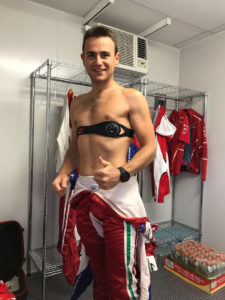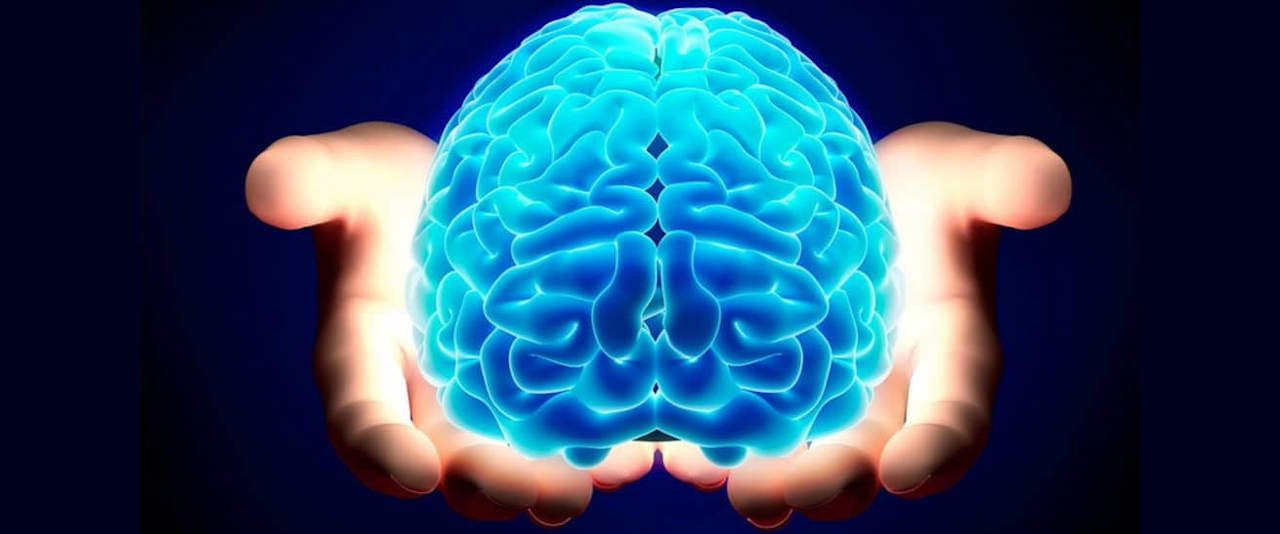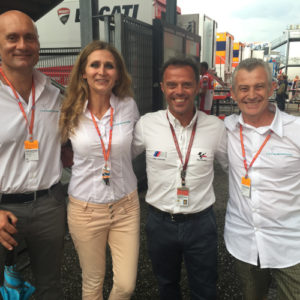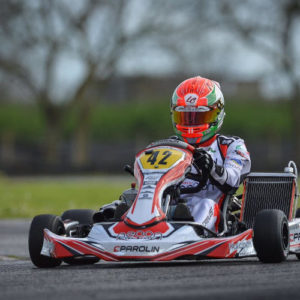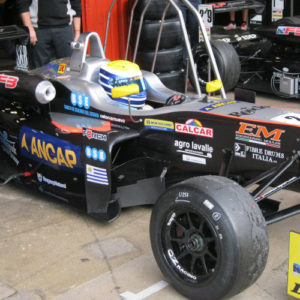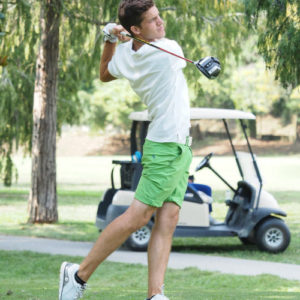RICERCHE
” “You can drive an F1 car whether you are fit or not, but how long you can drive accurately, consistently, under stress, at high temperatures, in difficult race conditions, is another matter. You know it will be hard, you know that tiredness will come, a little pain, that you will lose fluids. But you know that you can do as well as anyone, if not better, if you are well trained and fit. So if you are not in shape, concentration gradually tends to decrease during a race “”
AYRTON SENNA
In over 12 years of activity in the motor racing traks (cars and motorbikes) and in competition fields such as Olympic Trap, Tennis, Golf, our Younique Program has developed innovative research projects, demonstrating performance results ois a consequence mainly from the integration of mental skills to technical and physical training.
The requirement that prompted the Younique Team to invest in scientific research is that we place the driver, who makes the real difference in driving the racing car, at the center of the training program.
When we started doing research in 2010 there were still no scientific publications that could indicate the parameters and the methodology for the physical and mental preparation of the driver. The research was in fact more directed towards a meticulous development of the car, neglecting how much the difference in performance could also be a consequence of the driver’s mental efficiency.
From the scientific research carried out on pilots with competitive experience, thanks to the collaboration with the G.D’Annunzio University of Chieti, we have been able to extrapolate data acquired in the Laboratory, to the driving simulator and especially on the circuit, during the competitive competition.
The data acquired in these years of research have therefore allowed our team to create increasingly precise physical, mental, nutritional and hydration training protocols in order to optimize performance, implement mental functions, reduce energy expenditure, prevent stress, ensuring safety on the track and for.
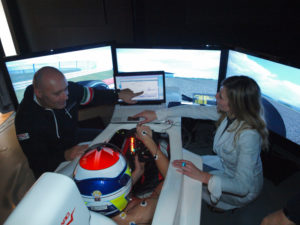
“ You think you have a limit, so try to touch this limit. Something happens. And immediately you can run a little stronger, thanks to the power of your mind, your determination, your instinct and thanks to experience. You can fly very high. ”
AYRTON SENNA
WHAT IS IT
Mental Training can be defined as “the systematic and specific training of mental or psychological skills with the aim of improving performance”, but also to “increase pleasure and achieve increasing satisfaction in the practice of physical and sports activities” (Weinberg & Gould, 2007).
Our strongest belief is that nowadays new intervention programs for athletes require an integrated approach, in which the psychological part plays a crucial role for the competitive growth of the athlete.
Mental Traning is a program useful not only for athletes who practice competitive sport, but also for anyone who practices physical exercise and any type of activity that requires a performance (Work, Study, Music, Art) and, with the necessary adaptations, to all the ages.
Can athletes learn to recreate their ideal psychophysical state which will lead them to optimal performance?
Sure! Athletes can learn psychological skills and strategies with a consequent increase in the probability of obtaining high performance, but mental skills training should be practiced systematically together with technical, tactical and physical training. The performance level is the result of the integration of these components.
Following are the basic activities of mental training, according to the modified Martens model (1987) (Robazza, Pellizzari and Hanin, 2004):
- GOAL SETTING
- MODULATION OF THE AROUSAL
- MANAGEMENT OF STRESS AND EMOTIONS
- CONCENTRATION
- IMAGERY
- SELF TALK
CHECK UP
1. Check-up High Performance Training
Represents the complete mental check-up and includes the main mental tests. It requires at least 3 hours of evaluation with a professional expert in the motorsport sector and in other high-level sports disciplines, with the aim of analyzing the athlete’s specific needs and objectives and then recommending the personalized training program.
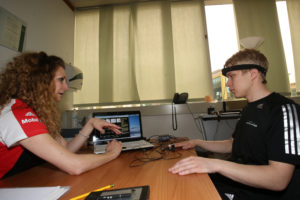
CHECK UP
2. Check-up in developmental age
The Check-up has the main objective of analyzing specific needs in line with the young age of the athlete, facilitating healthy psychophysical and competitive growth, ultimately advising the personalized training program.
The current trend of taking young athletes at an early age also poses other important objectives of mental training, not only to increase performance, but also safety and the educational-training aspect.
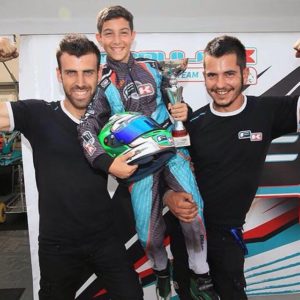
MENTAL TRAINING
The evaluation includes:
– Psychophysiological stress test (BioFeedBack)
– Cognitive tests: reaction times and rapid decision making
– Psycho-aptitude interview
– Interview with parents
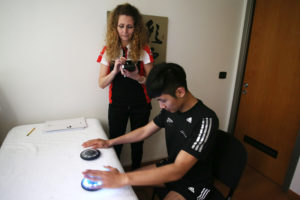
OTHER SERVICES
- Acquisition of psychophysiological data in the competition field
- Psychological training for technical staff
- Training and support to parents of athletes in developmental age
